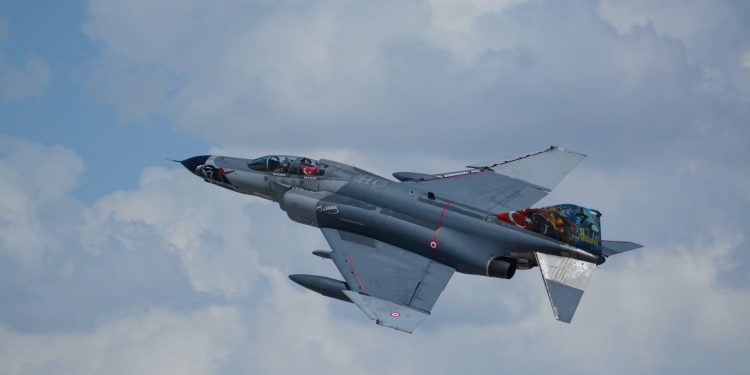NATO is set to conduct its largest exercise since the Cold War, involving 90,000 troops. This large-scale rehearsal is designed to demonstrate how U.S. forces could reinforce European allies, especially in countries bordering Russia and along the alliance’s eastern flank. This decision comes in the wake of increasing global tensions and the need for preparedness against potential conflicts with “near-peer” adversaries.
The United Kingdom plays a pivotal role in this undertaking. British Defence Secretary Grant Shapps emphasized the urgency of this moment as a critical “inflection point” for British defence. In a statement, Shapps outlined the growing dangers in the world, including the threat posed by irrational powers such as Russia, China, Iran, and North Korea. He stressed the importance of increasing defense spending to 2.5% of GDP, a goal he urges other democratic nations to pursue. The UK is committing 20,000 military personnel, along with warships and fighter jets, to the NATO exercise, reflecting its commitment to global security and readiness to respond to threats.
In parallel, the European Union Parliament has adopted a resolution calling for a ceasefire in the Israel-Hamas conflict, contingent on specific conditions. The resolution demands the unconditional release of all hostages and the dismantling of Hamas. While condemning Hamas’s terrorist attacks against Israel, the resolution also criticizes the disproportionate Israeli military response. The EU Parliament seeks to revive the two-state solution and relaunch the peace process, aligning with the Arab Peace Initiative of 2002. This resolution represents the EU’s commitment to finding a political solution to the conflict and its condemnation of extremism and settler violence.
These developments underscore the increasing complexity of global defense and political dynamics. NATO’s exercise signals a robust response to potential threats, while the EU’s resolution on the Israel-Hamas conflict highlights the ongoing efforts to achieve lasting peace in the Middle East.



























